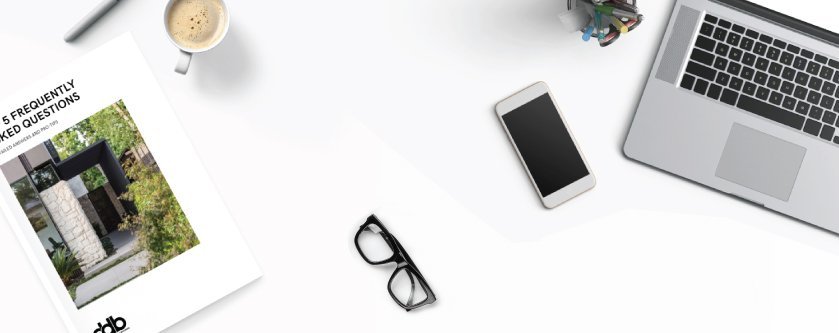
EMAIL #135 - 5TH SEPTEMBER 2021 - "IMPROVING THE QUALITY OF YOUR SLEEP"
Hi Team,
Well Lockdown 6.0 is dragging on way longer than any of us anticipated, and with new case numbers in the 200's restrictions are not going to ease anytime soon. Exposure sites are now spread throughout the metropolitan area, so unless you are double vaccinated you are at risk. It's up to all of us to be vigilant, follow the restriction rules and get vaccinated ASAP.
On another negative note; one of DDB's apprentices had a nasty accident on one of our renovation jobs last week and will be off work for several weeks. This very rare occurrence for DDB has reinforced that building sites are dangerous places to work and that accidents happen when tradesmen let their guard down. Safety is an essential part of a tradesman's daily routine and must always be front of mind when setting up the day’s work. The only way to prevent future accidents is to proactively think "What could go wrong?" before doing any specific task on site.
Okay; back to my topic from two weeks ago "What I know about sleep".
"Without a decent amount of sleep your brain turns to mush" unknown
There is a very real medical and psychological downside to long term poor sleep. One of the leading proponents of sleep disorders, Dr Judith Owens (director of the Centre for Sleep Disorders at Boston Hospital) reports that long term poor sleep can result in higher incidents of heart disease, cancer, depression, and Alzheimer’s. In a recent article Dr Owens stated "getting a decent 7 hours of sleep each night is just as important to the body and mind as good nutrition and physical exercise. Sleep is our most underrated health habit". Other possible side effects of long-term poor sleep are, weight gain, low energy levels, poor concentration, and increased stress levels.
"Sleeping is my drug, my bed is my dealer, and my alarm clock is the police." Unknown
Last week I mentioned that I struggle with inconsistent sleep, and I often wake numerous times each night. Over the years I have tried numerous ways to improve my sleep. Some things have worked and have become part of my nightly ritual. All their "sleep hacks" are well known and widely recommended by health professionals. So here is my list of Things that can significantly affect the quality of your sleep.
- Your sleep environment. The quality of your bed, pillow and bedding can make a huge difference. Also, a dark room with a consistent moderate room temperature (e.g., 21.0 deg) and some fresh air help a lot. (My tip = sleeping with a fan on low).
- A going to bed routine/ritual. Try to go to bed at a similar time each night, no digital devices for one hour before bed and no phones in the bedroom, try not to eat anything for 2 or 3 hours before bed. Reading for 30 mins before lights out can help in winding down and getting to sleep. (My tip = no caffeine after lunchtime (studies have shown that 25% of caffeine is still in your body 12 hours after consuming it), try herbal tea instead).
- Physical exercise. Regular physical exercise is an essential part of maintaining good health and wellbeing and it has a direct effect on the quality of your sleep. I find that the days I do a gym workout or swim laps (when not in lockdown) I always have a more solid night's sleep. (My tip = walk the dog for 15 mins just before going to bed).
- Herbal supplements. (Note: these are only my own personal observations and are not medical advice.) There are numerous herbs that have been used for hundreds of years to help people sleep, especially in eastern cultures. I have tried dozens of different herbal tablets and tonics, and some have been extremely beneficial, and I have used a couple consistently for several years. I have also found Magnesium (after intense exercise) and Melatonin (when traveling overseas), both can be very helpful. (My tip = try CBD oil or Hemp oil to help calm down brain activity and reduce stress at night. Unfortunately, these oils are very difficult to get in Australia, but my niece brought some back from the UK for me and I have found it very effective during periods of high stress).
- White noise. Background noise such as rain on the roof, the sound of surf in the distance or even the air conditioning fan on low are very soothing and help with having a good night’s sleep. (My tip = try using a white noise device or app on your phone. I have used a white noise machine for the last 5 years to help cancel out the noise of the main road we lived on, and it has been a real lifesaver.)
Thanks for reading,
Stay safe and sleep well.
David
